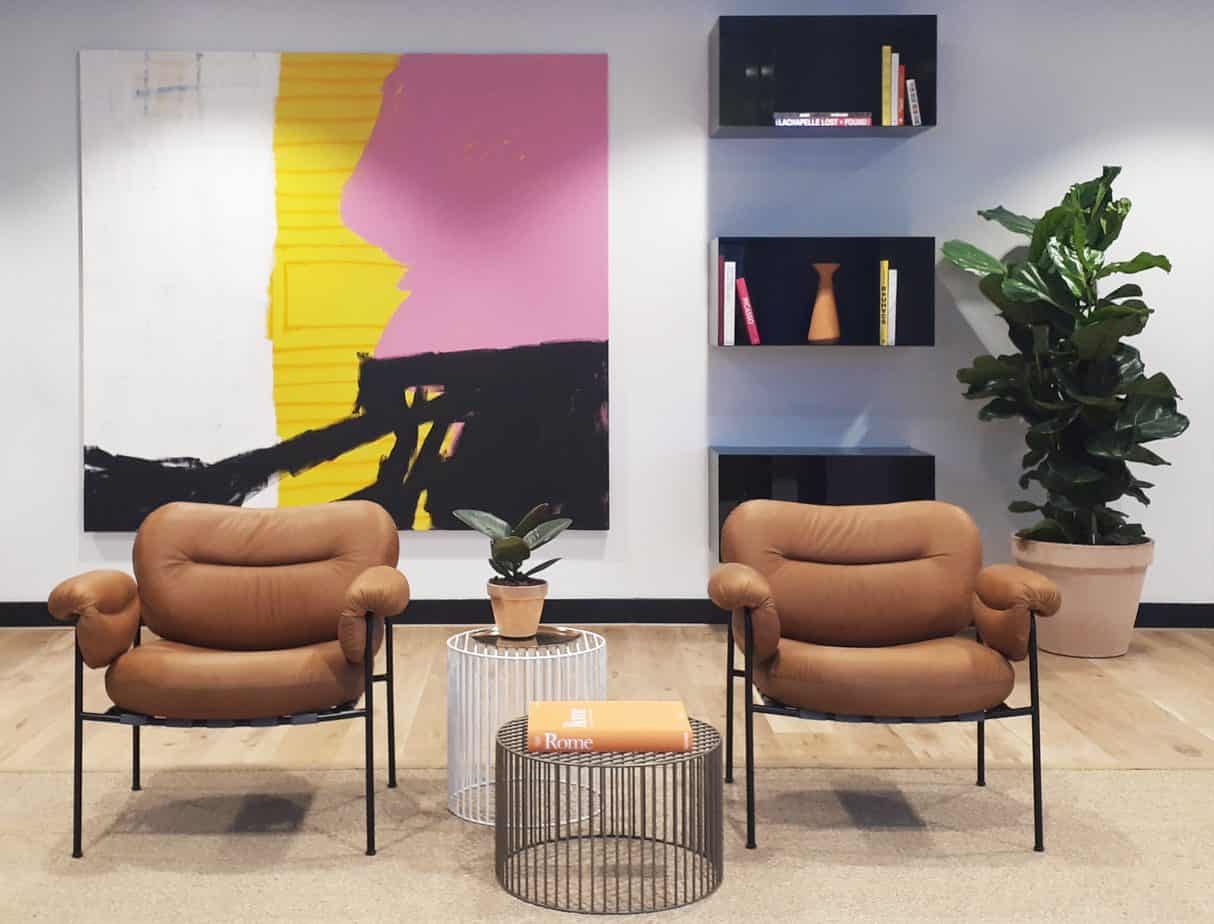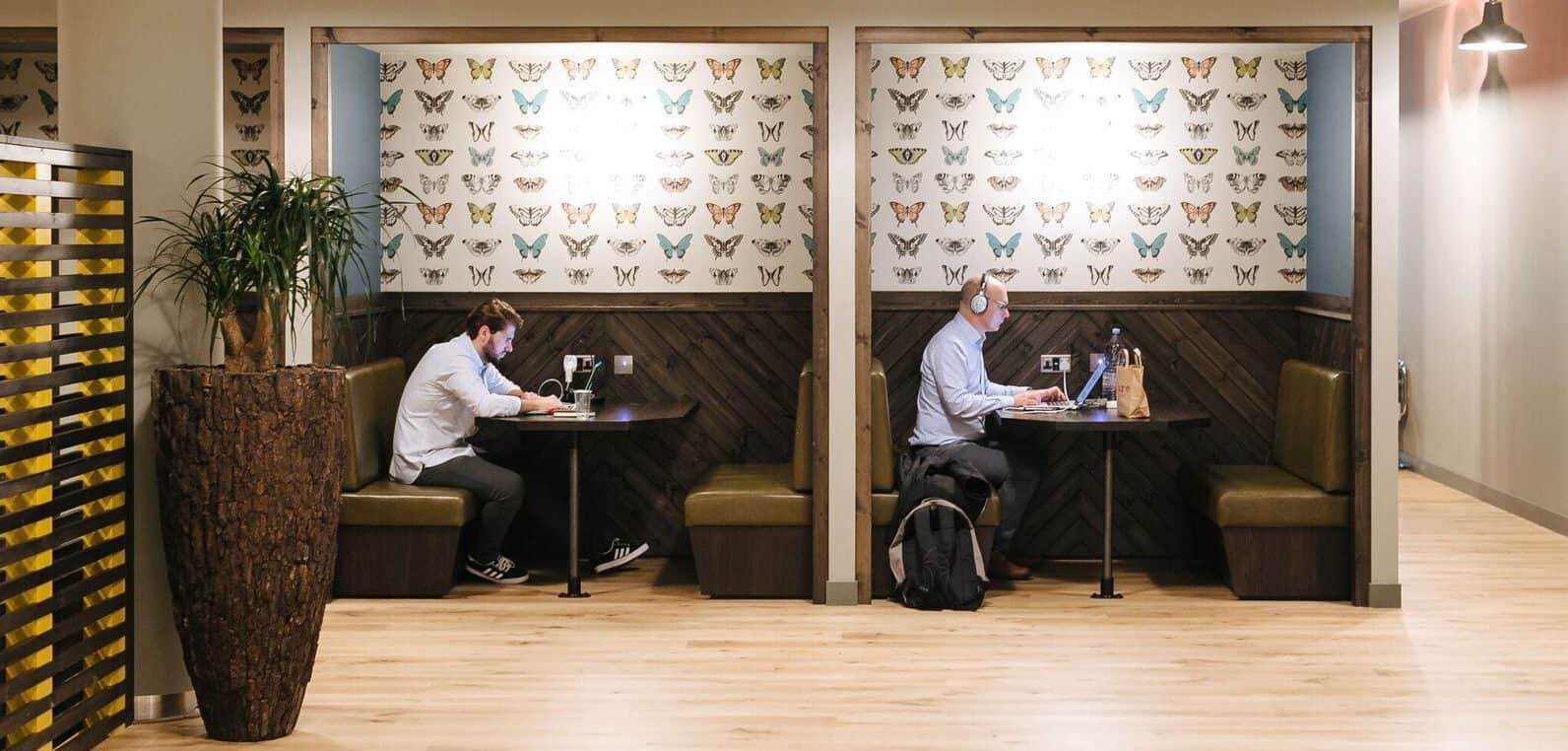The City’s influx of flexible working space companies is testament the fast-evolving business landscape of the Square Mile.
The traditionally commercial face of the City has been that of larger finance companies, however, statistics from the City of London Corporation show there to be around 1,200 new start-ups setting up shop in the Square Mile each year.
And while more and more new businesses flock into the City, their overall size is also changing. A staggering 99% of all businesses in the City are SMEs, measuring at fewer than 250 employees, as of earlier this year.
This is directly affecting the kinds of commercial properties being developed.
Co-working spaces are currently growing enormously with WeWork, a provider of shared facilities and services, holding over 232,000m² of office space across 20 different locations in and around the Square Mile.

It rents out office space to individuals and businesses on a month-to-month basis, which can be cancelled at any time. This model represents a substantial shift from the norm, where corporations traditionally sign up to long-term leases.
WeWork more than doubled its City footprint in 2017 and have just added another location in Devonshire Square.

They, like so many other flexible working space companies, are buying up property in this area as quickly as they can.
According to Patrick Nelson, head of WeWork EMEA and Australia, changes in the kind of businesses entering the City is not the only reason why the Square Mile is embracing flexible and shared working spaces.
Smaller companies want to be working alongside the big dogs, while the big companies want to foster the same sense of community and collaboration that many SMEs boast.
WeWork has seen the likes of HSBC, Barclays and Microsoft join the fold, changing the way their employees work together and collaborate with other firms. And they’ve also started up their own coding school.
Patrick said: “It is incredibly important to connect with peers and colleagues in a physical setting – human connection is key when working in a team in any business of any size.”
A whopping 70% of WeWork’s members collaborate together, and 50% do business with one another, highlighting the ever growing importance of community.

Patrick also acknowledges another contributing factor for this trend.
He sees “a shift toward a new way of work which is focused on meaning.
He added: “More and more, workers want to spend their working day doing something meaningful.”
The traditional working environment is often seen as a barrier to this.
New offices are now being designed to help workers feel more creative and happy at work. New shared lunch rooms and recreational facilities are being added within bright open plan spaces.
This gives people room to take proper breaks from work while socialising with all kinds of people – something that is incredibly important now that people are feeling increasingly lonely at home and work.
All these changes are attracting more and more people to companies like WeWork.
And this trend is only going to keep growing as City firms continue to re-evaluate their leasing models, business practices and general need for offices that are conducive to collaborative working.







